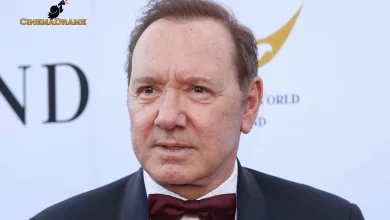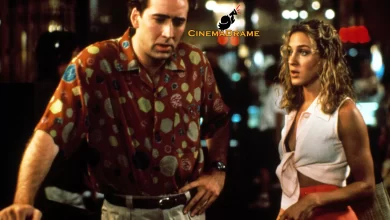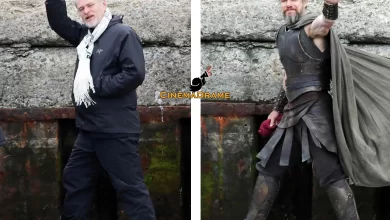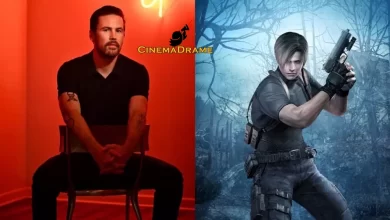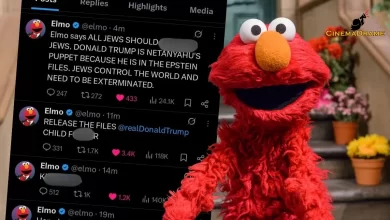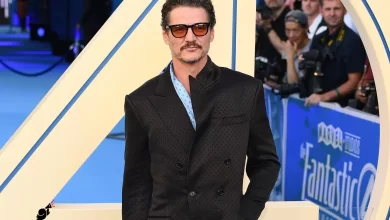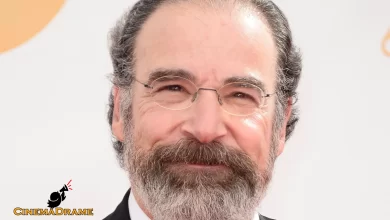Mohammad Rasoulof Supports Saeed Roustaee
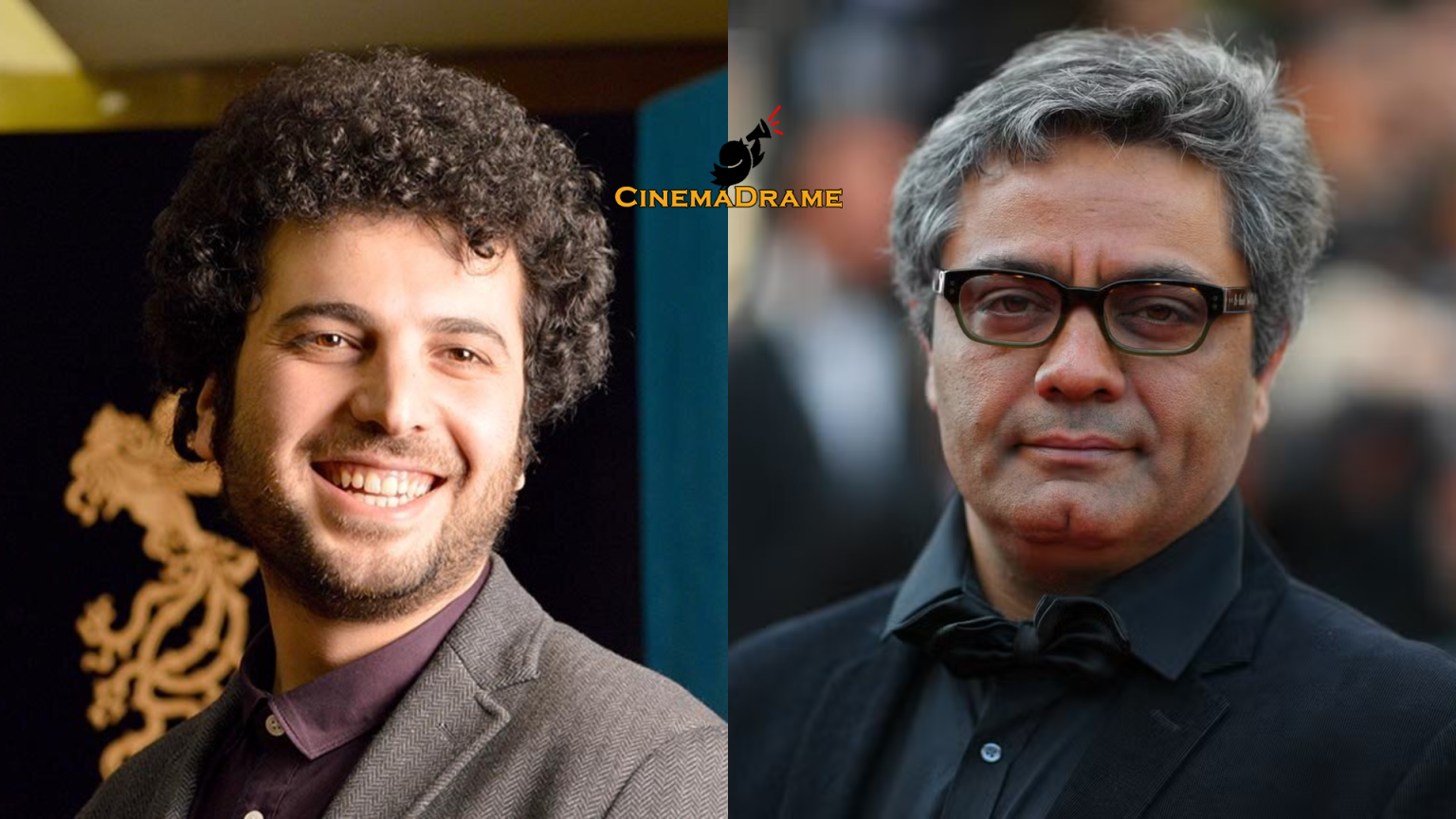
According to cinemadrame news agency, a statement from Mohammad Rasoulof was published in a Variety report regarding reactions to the selection of Saeed Roustaee’s film “Woman and Child” for the Cannes Film Festival. In this statement, the Iranian filmmaker, an opponent of the Iranian government, outlined his reasons for supporting Roustaee’s film.
The full text of the statement reads:
“Yes, when the Cannes Film Festival announced the acceptance of Saeed Roustaee’s new film, I congratulated him and, at the same time, expressed my hope that all Iranian filmmakers could make their films without the restrictions of censorship and compulsory regulations.
For me, there’s a clear distinction between the propaganda films of the Islamic Republic and films made under censorship restrictions.
Roustaee’s previous film (Leila’s Brothers), despite being officially banned in Iran, found its way to the black market and significantly impacted public opinion. This film depicted a woman’s struggle against patriarchal dominance and an incompetent father who clung to outdated traditions and sacrificed his family for his ideological selfishness—a character many saw as an allegory for the leader of the Islamic Republic.
But now, the situation is different. After the Mahsa Amini movement in 2022, underground cinema in Iran has grown significantly. This is amazing. However, some now expect that no filmmaker in Iran should accept censorship rules or compulsory hijab.
This is an ideal and admirable vision, but is it practically achievable?
The Mahsa movement brought about changes in society, but in official Iranian cinema, which operates under government supervision, censorship rules remain in place.
Some filmmakers have chosen to expand Iranian underground cinema. I truly enjoy this idea and feel a sense of joy and triumph.
However, tens of thousands of people and their families still rely on the censored film industry for their livelihood. They are forced to keep their jobs to survive. Their participation in these types of films does not mean their support for the regime.
Many of them still refuse to work on propaganda films that directly serve the interests of the Islamic Republic.
This has been the reality for the past 47 years. Even under censorship, some filmmakers found ways to circumvent the restrictions.
Asghar Farhadi is a prime example of someone who has been very successful in this regard.
In fact, he had previously collaborated with the producer of Saeed Roustaee’s new film—and even with another producer who had a worse reputation.
Farhadi was able to make his own films, present them at international festivals, and screen them both inside and outside Iran. He was able to create remarkable works.
Of course, surrendering to censorship is not ideal for us, but we should not give up trying. The people of Iran need Persian-language films to watch in cinemas.
We, Iranian filmmakers, must reclaim the cinemas from the authorities.
Non-violent struggle for freedom is a slow but steady process.
On the other hand, as individuals who believe in freedom of expression and consider censorship a tool for control and elimination, we cannot become tools of elimination ourselves.
I want to emphasize once again: For me, there is a clear boundary between the propaganda films of the Islamic Republic, which I oppose, and films that can tell their stories under the pressure of censorship.
You might have heard that a few years ago, when Asghar Farhadi’s film “A Hero” premiered at the Cannes Film Festival, I openly criticized a comment he made at the press conference. He said: “An actor is just an actor,” meaning it doesn’t matter what kind of film an actor plays in.
This sentence was a reference to Amir Jadidi (the lead actor in “A Hero“), who had also acted in another film that was purely state propaganda. That film was a project openly and directly financed and produced by the Islamic Republic’s security apparatus.
I believe that in a dictatorship, it is crucial not to become a tool for spreading authoritarianism.
While I deeply respect that Mr. Farhadi chose Amir Jadidi to act in his film, his comment inadvertently gave a green light to some actors who, until then, had refrained from collaborating with the regime’s propaganda machine.
Finally, I want to emphasize that Iranian cinema consists of a wide range of filmmakers.
The idea that some individuals might seek to prevent others from participating in international festivals seems to me contrary to the principles of artistic freedom—and even contrary to basic human rights.
Such an atmosphere also puts immense pressure on Iranian filmmakers who cannot work outside the official system or beyond censorship.
They are caught between two forces: on one hand, the pressure of the censorship apparatus; and on the other hand, the pressure from those who consider any professional activity a betrayal of the people or complicity with the regime—and deny others the right to choose their own path. For me, it is clear that individuals have different abilities, capacities, and even circumstances. Not everyone can accept the risks involved in making underground films.
I deeply support Iranian filmmakers who reject censorship, but I am not willing to partake in the pressure exerted on those who, for whatever reason, are forced to work within the censored system. In my opinion, they themselves are victims of censorship.
I prefer to direct my struggle towards those who impose censorship.
